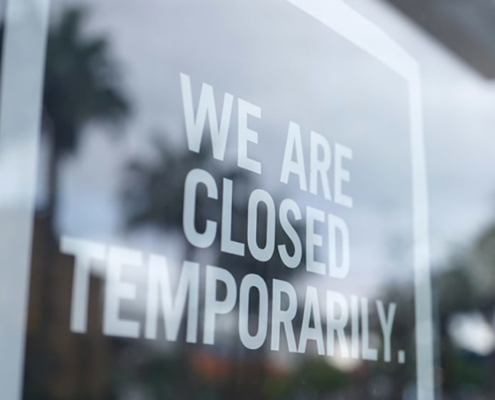
CPL’s New Research Finds Sharp Increase in Share of Unemployed/Under-Employed Workers Who Receive UI Benefits in CA
The UCLA California Policy Lab (CPL) recently released a new…
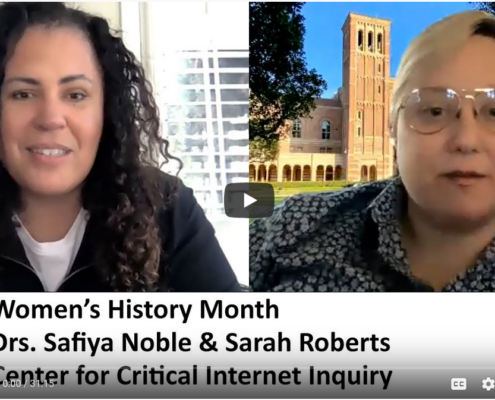
LA Social Science Women’s History Month Take-Over Featuring Dr. Noble and Dr. Roberts
This Women's History Month Take-Over features Dr. Safiya Noble,…
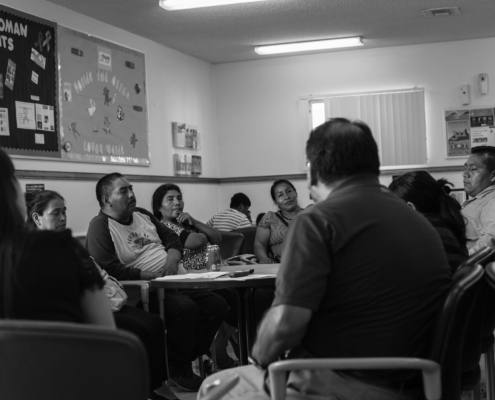
Lost in Translation “en el Fil”
by Sayil Camacho, Peabody College of Education and Human…

Dr. Edward Walker Talks “Astroturfing” and the Rise of Misinformation Campaigns
UCLA Sociology Professor Edward Walker, was recently featured…
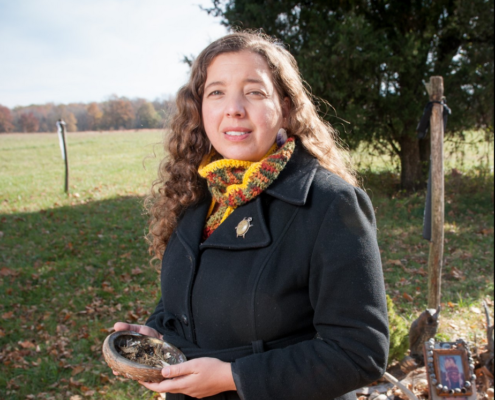
RSVP Now for the UCLA/Getty Program’s Distinguished Speaker Series featuring Dr. Gabrielle Tayac on March 5
Dr. Glenn Wharton
Chair, UCLA/Getty Program in the Conservation…
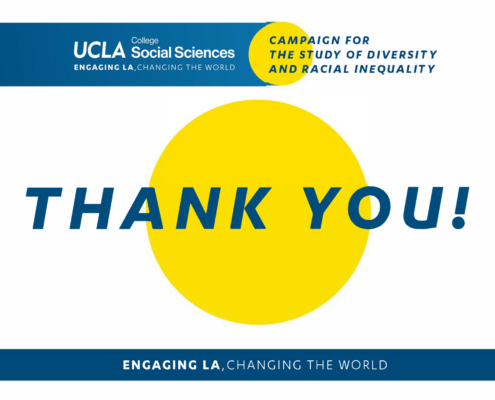
UCLA Division of Social Sciences Exceeds Campaign Goal for Dean’s Fund for the Study of Diversity and Racial Inequality
In light of the reawakened reckoning on racial justice issues…
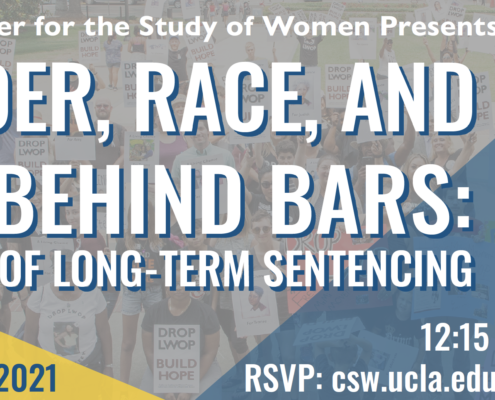
CSW Gender, Race, and Age Behind Bars: Impacts of Long-Term Sentencing Event on Feb. 3
UCLA Center for the Study of Women Presents:
GENDER, RACE,…
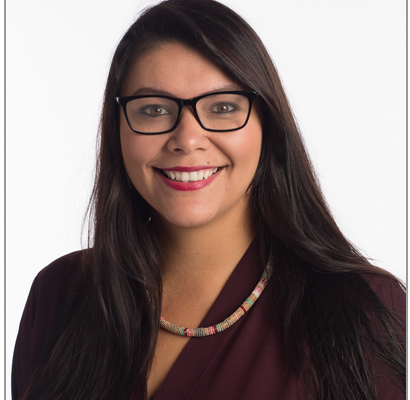
UCLA Professor Rodriguez-Lonebear Interviewed by Vice News Tonight
Dr. Desi Rodriguez-Lonebear, assistant professor of sociology…
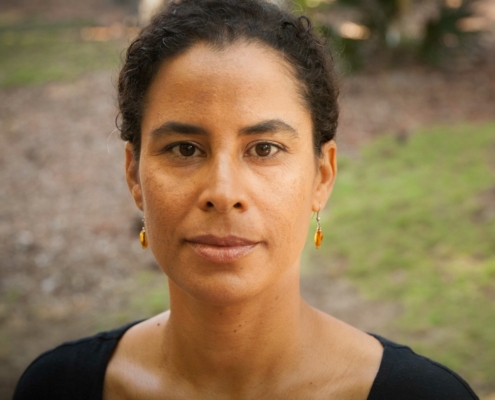
UCLA History Professor Elected to Pulitzer Board
Dr. Kelly Lytle Hernandez, professor of African American Studies,…
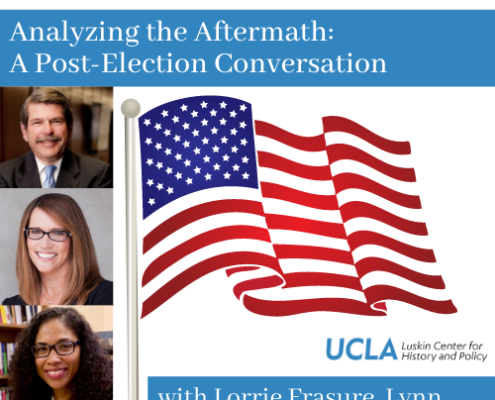
UCLA Podcast “Then & Now” Analyzes the Election Aftermath
UCLA's Luskin Center for History and Policy (LCHP)…

